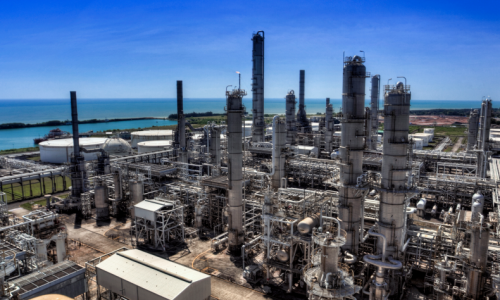Indonesia’s Upstream Oil and Gas Regulatory task Force (SKK Migas) has struck a deal with China’s state-owned oil and gas company, Sinopec, to enhance Indonesia’s upstream oil and gas sector through advanced technologies and innovative approaches.
The Memorandum of Understanding (MOU), signed on Tuesday, September 3, 2024, marks a strategic collaboration in Indonesia’s upstream oil and gas sector, which will be focused on exploration and production, enhanced oil recovery (EOR), unconventional oil and gas resources, as wel as carbon capture and storage (CCS) and carbon, capture, utilization, and storage (CCUS).
Dwi Soetjipto, Head of SKK Migas, said this partnership represents a major step toward unlocking Indonesia’s vast energy potential.
The collaboration is key to achieving Indonesia’s production targets of 1 million barrels of oil per day (BOPD) and 12 billion standard cubic feet per day (BSCFD) of gas, essential for the country’s energy security and economic growth.
The MOU also underscores the importance of adopting advanced technologies, including EOR and CCS/CCUS, to optimize resources and reduce carbon emissions.
Indonesia is already developing 12 EOR projects, including the Minas field in Sumatra, which has been approved for development.
In terms of CCS/CCUS, Indonesia has started projects like the Tangguh Train 3, inaugurated by President Joko Widodo in November 2023, with more projects under review in Masela and Sakakemang blocks.
The potential carbon capture capacity in Indonesia is estimated to reach 12.2 gigatons, aligning with the nation’s goal of achieving net-zero emissions by 2060.









